Deploying Climate Smart Technologies to deal with impacts of El Nino rains in Kenya
By Ben Moses Ilakut & Genvieve Apio
It an undisputed reality that Climate Change is a major challenge to agricultural productivity and food security globally. The devastating effects of climate change are manifested in many ways including El Nino rains, which are affecting several countries in Eastern and Central Africa.
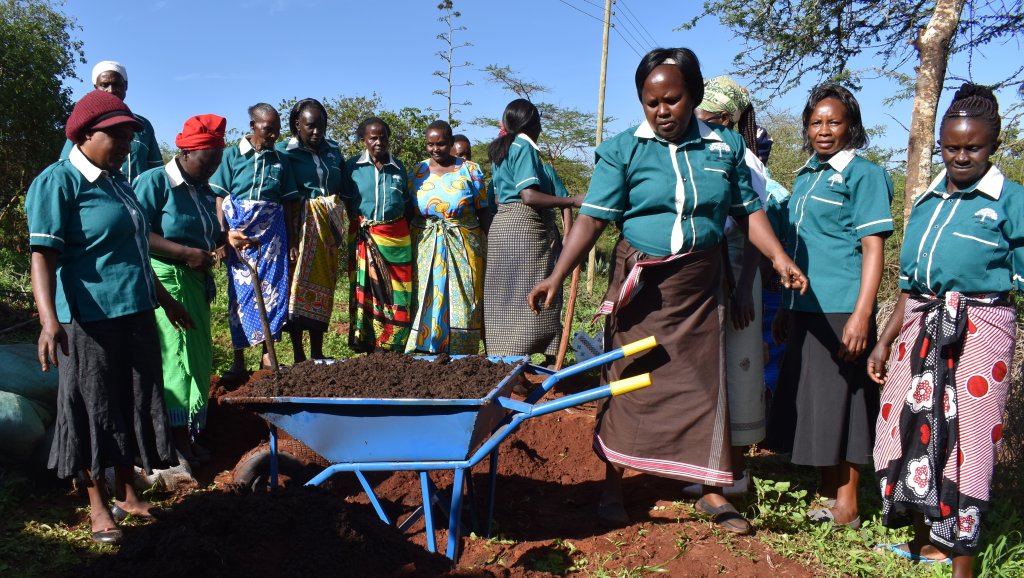
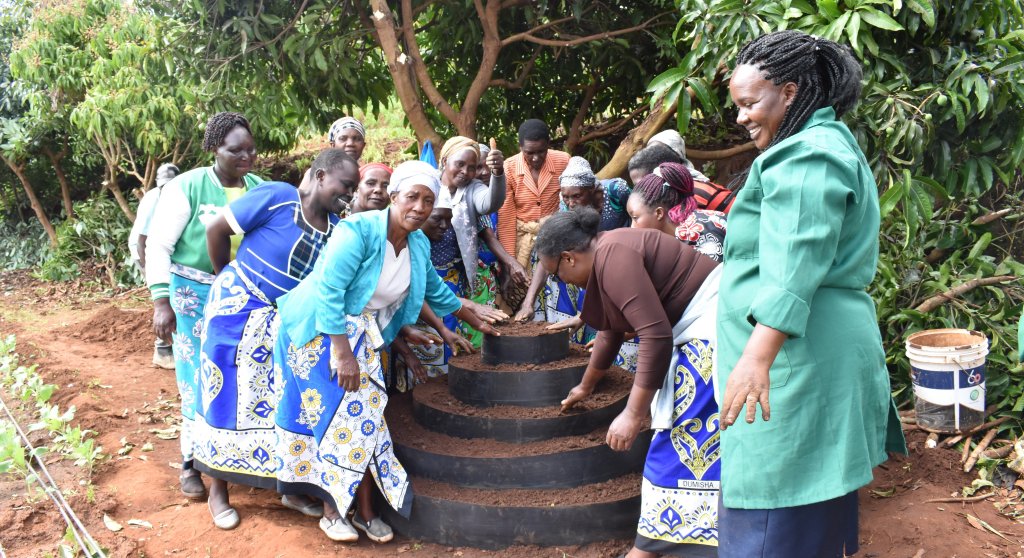
El Nino rains are characterized by heavy episodes of floods that destroy homes, crops and livestock, displace people and often lead to loss of life. Kenya is one of the countries in Eastern and Central Africa most affected by El Nino with over 80,000 households in 2023 and 2024 affected by the unpredictable episodes.
Dealing with devastating rains
During the 2023 El Ninos, farmers in Machakos, Kenya and areas of similar ecology faced serious challenges in growing crops due to waterlogging, destructive winds and proliferation of pests and diseases. With support from the World Bank channeled through Alliance for Bioversity International and CIAT, and the International Livestock Research Institute (ILRI), ASARECA and the Kenya Agriculture and Livestock Research Organization (KALRO) supported farmers in Kenya to identify and prioritize best-bet Climate Smart Agriculture (CSA) options for uptake at scale to urgently deal with the situation at hand.
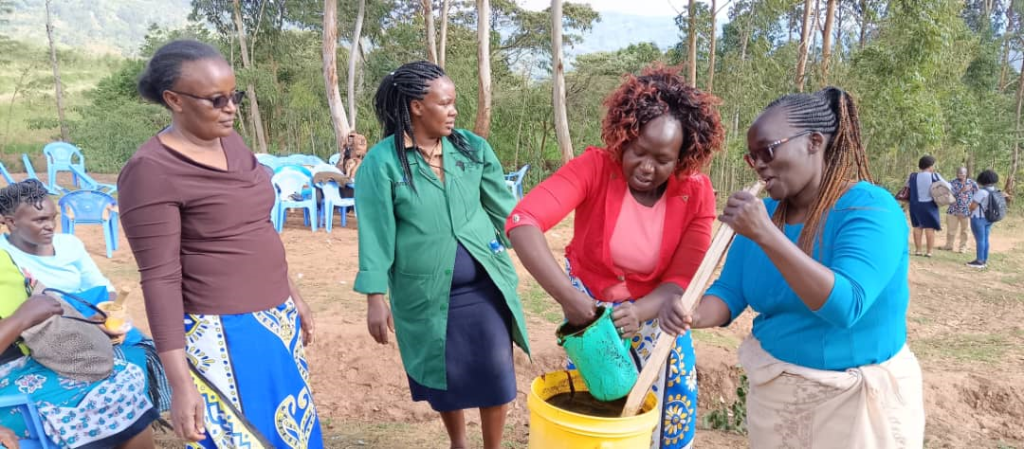
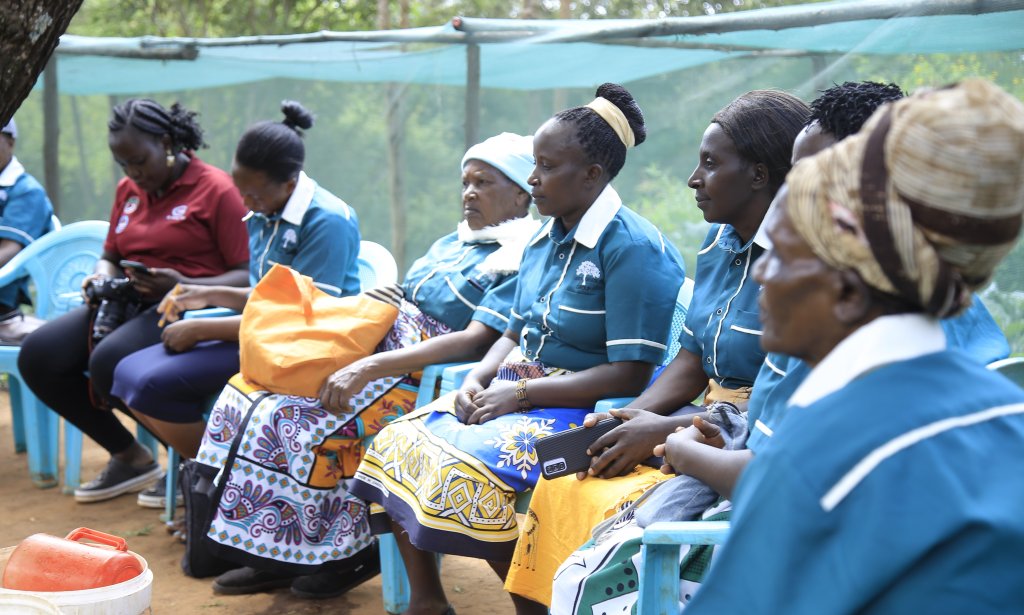
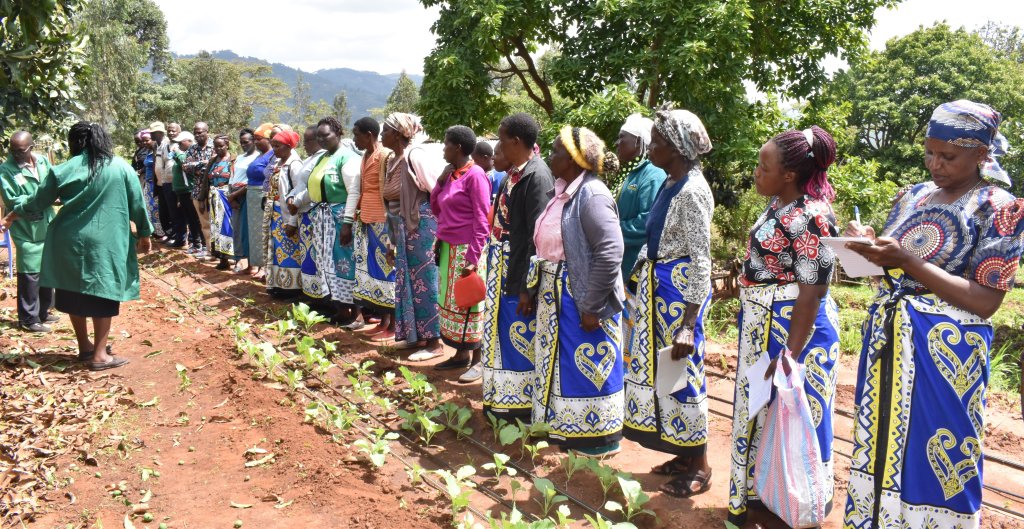
AICCRA project
Under the Accelerating Impacts of CGIAR Climate Research for Africa (AICCRA) project, ASARECA, KALRO, CIAT and ILRI implemented initiatives aimed at enhancing the capacity of farmers in affected areas to utilize a series Climate Smart Agriculture (CSA) technologies including those adopted through earlier ASARECA interventions in project areas.
Choosing Machakos
“We chose to intervene in Machakos, Kenya because we had done groundbreaking work in managing water to increase agricultural productivity. We worked together with the farmers to identify CSA packages for gender and social inclusion to ensure that agricultural technologies already generated and severally tested by KALRO help farmers to cope with challenges arising out of climate change,” said Dr. Kwena Kizito, the project lead at KALRO Katumani. “We supported the farmers to manage quantities and flow of water using Tumbukiza pits, establish tied ridges, establish shade nets, cone gardens, and make pesticides using organically available materials.” Through this approach, the narrative has been changed from lamentation about the devastation from El Nino to a practice of optimizing production from the would-be calamitous episodes of the excessive rains.
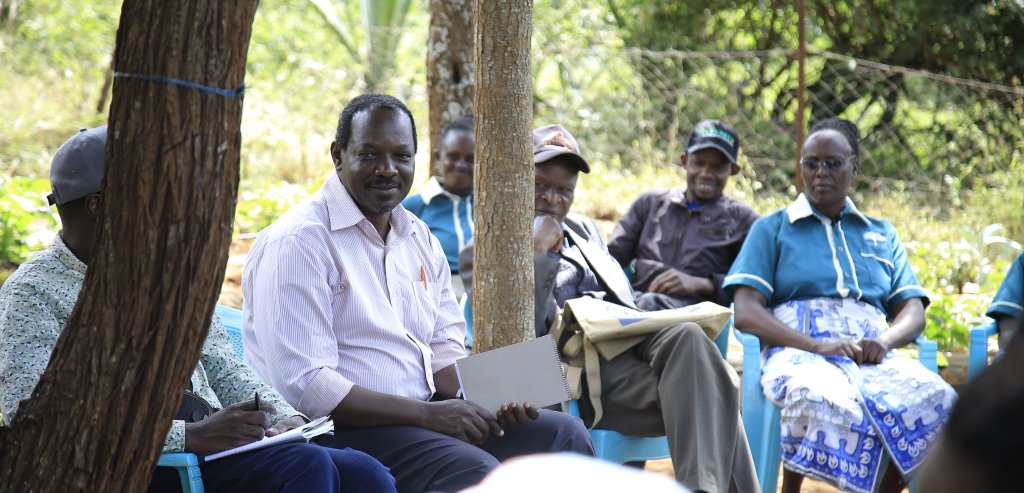
Women tap into climate opportunities
Two organised women groups, the Green Shade Farmers’ Group in Kaathi in Kimutwa location and the Amazing Grace Famers’ Group in Yinthungu village, Mutituni received hands-on skills in identifying, deploying and utilizing CSA technologies, establishing shade nets and cone gardens for vegetable production, and making bio-pesticides using locally available and affordable materials to manage pests and diseases.
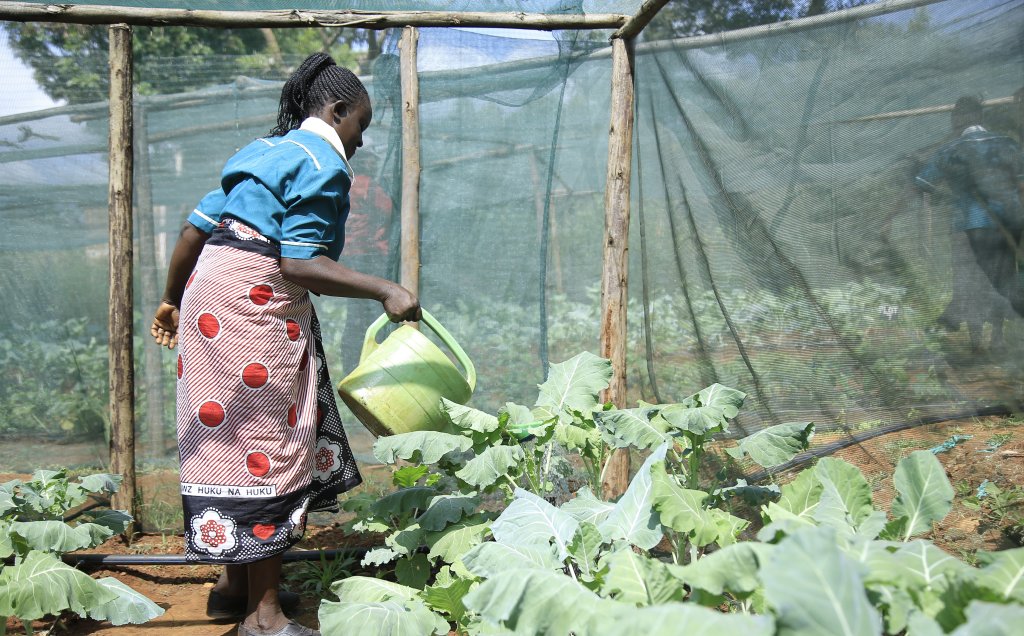
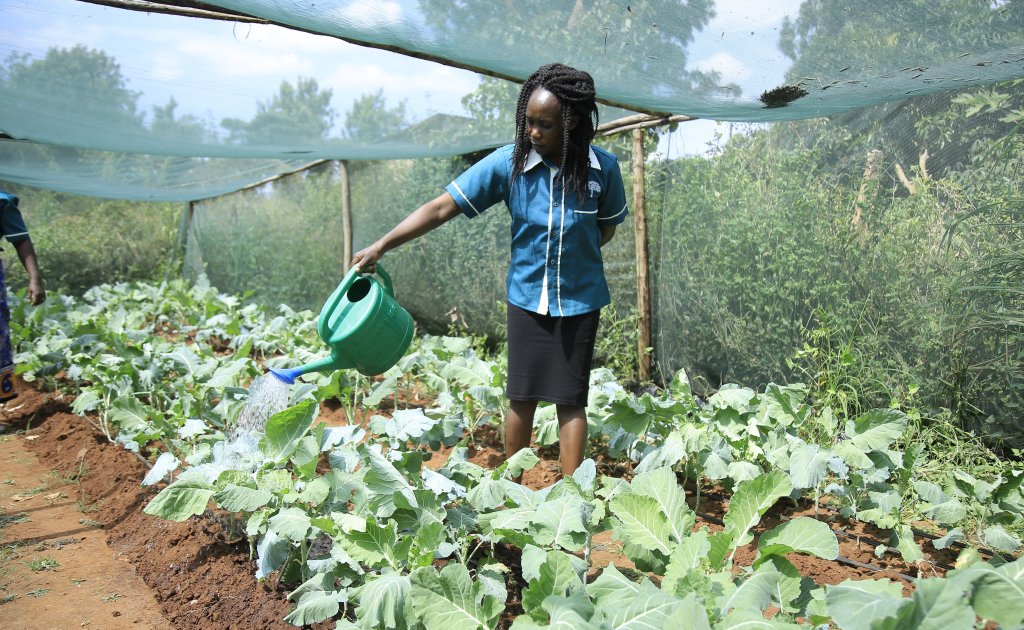
Downscaling knowledge
The ASARECA/KALRO partnership leveraged on exchange and downscaling of existing CSA knowledge and experiences by the farmers and researchers to enhance production.
According to Ms Elizabeth Matheka, the group leader, the cone gardens are notably important for the farmers because they address challenges of water logging during heavy rains thereby providing farmers with year-round vegetables. “Besides, the cone gardens offer the advantage of using very limited space to produce as much as one may target. Several months since these innovations were implemented, farmers have been able to successfully grow vegetables such as Amaranthas, Night Shade, spinach, kales, onion, and Letuce.
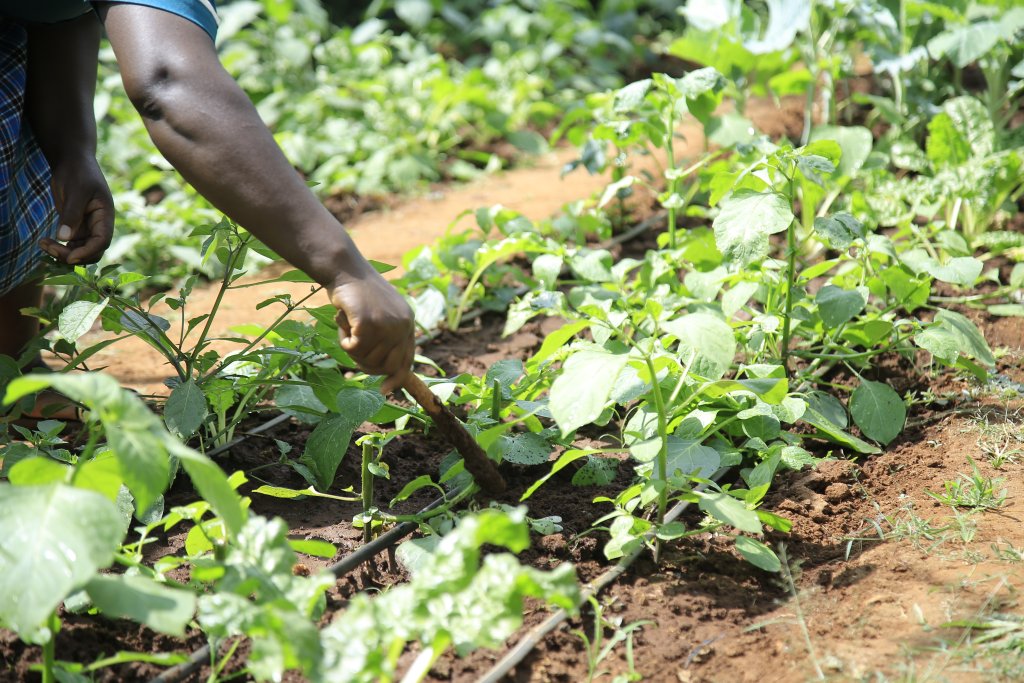
According to Dr. Kizito, the innovations at the group demonstration sites have been adopted by all group members in their individual homes. “Even the farmers who were not part of the initiative have adopted the innovations,” Dr. Kizito says. “The vegetables are important for nutrition and income generation.”
